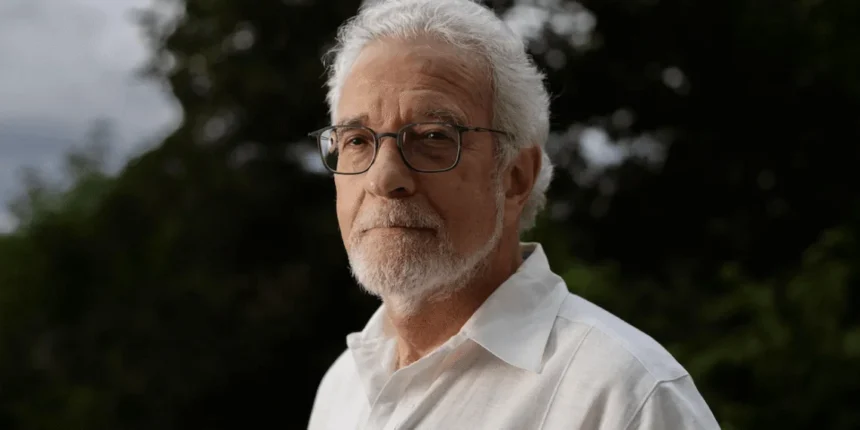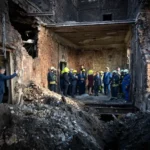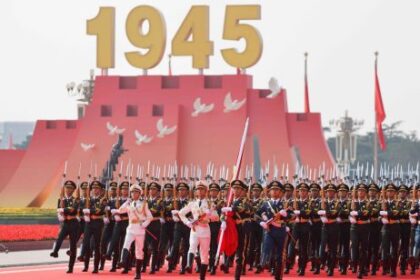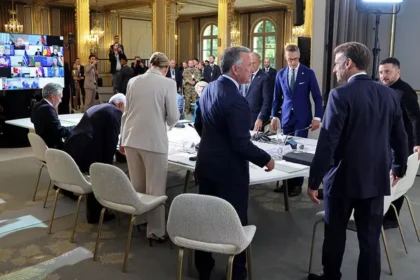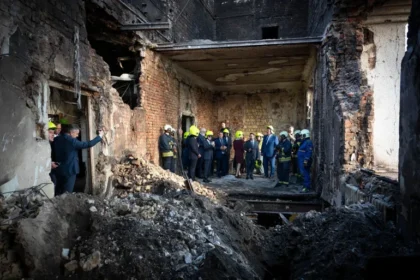Omer Bartov, a leading Holocaust and genocide studies scholar at Brown University, has publicly stated that Israel’s military actions in Gaza meet the criteria for genocide. Bartov, who is both Israeli and American, made the remarks in an interview on CBC’s Day 6, where he reflected on the scale and intent of the ongoing military campaign.
Bartov has spent decades researching genocide, particularly the Holocaust. Despite his personal and academic background, he now believes it is appropriate to apply the term “genocide” to describe Israel’s actions in Gaza. He did not come to this conclusion lightly. Initially hesitant to use such a charged label, Bartov says that months of continued military operations targeting civilian infrastructure pushed him to change his position.
He describes a pattern of systematic attacks that have destroyed much of Gaza’s vital infrastructure, including hospitals, universities, mosques, schools, and housing. Even areas that were marked as safe zones have not been spared. According to Bartov, this reveals a deliberate strategy to make Gaza uninhabitable, thereby forcing the population into survival conditions that resemble those created in other historical genocides.
One of the turning points for Bartov came in May, when Israel launched an offensive on Rafah, a city in southern Gaza where hundreds of thousands of displaced civilians had sought refuge. Bartov argues that the continued bombardment of Rafah, even as people were told it was a safe area, signaled an unmistakable intent to cause widespread civilian suffering.
Bartov stresses that genocide is not defined solely by the number of people killed. Instead, it involves the intent to destroy, in whole or in part, a national, ethnic, racial, or religious group. He believes that intent is evident in the way the war has been conducted. Civilians have been displaced repeatedly, only to face further violence wherever they go. Basic necessities like food, water, and medical care are increasingly unavailable, raising the risk of famine and disease.
Drawing from his research on how genocides unfold, Bartov sees parallels between what is happening in Gaza and other historical atrocities. He is particularly struck by the mindset behind the military operations. He describes it as rooted in a sense of existential threat, where an entire population is treated as hostile and undeserving of protection. Bartov compares this logic to what he has seen in testimonies from German soldiers during the Second World War. In both cases, he says, the civilian population is stripped of its humanity.
Bartov acknowledges that the Holocaust remains unique in its scale and intent. However, he argues that uniqueness should not be used to silence discussions about other mass atrocities. He believes scholars and the international community have a responsibility to speak out when the signs of genocide become evident.
Ultimately, Bartov’s assessment is both a professional judgment and a personal reckoning. He says that watching Israel carry out these actions has been emotionally painful, but remaining silent was no longer an option.


